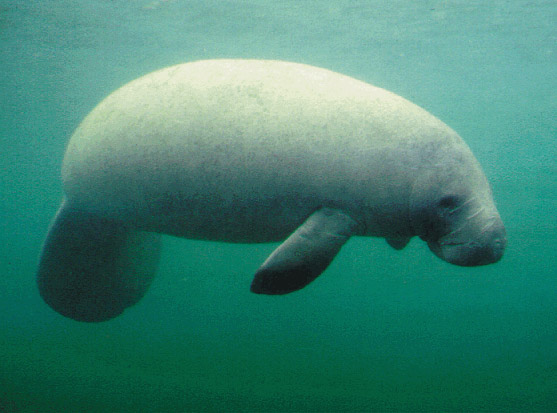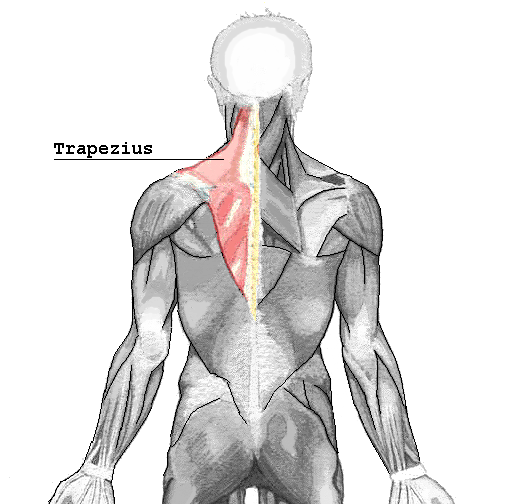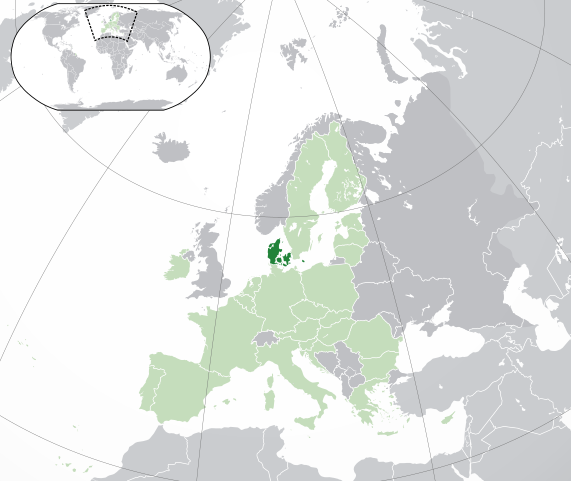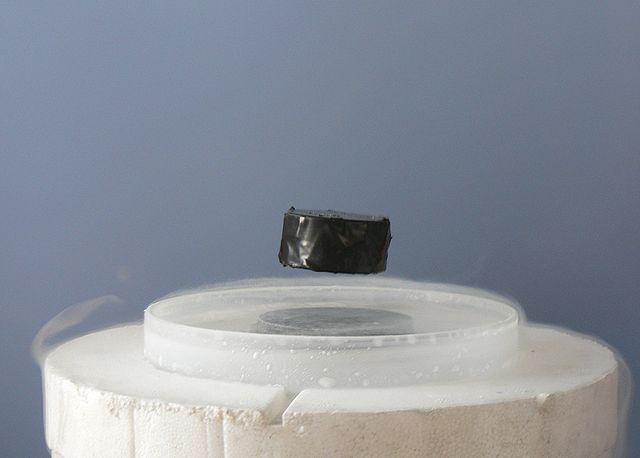We just learned about Hippo Sunscreen.
The manatee is a large animal that lives in the water.
Some people also call it a sea cow because it is so big,
and there are legends that people used to think they were mermaids.
When a manatee blinks, it doesn't an eyelid like a human does,
it just has muscles around it's eye that close.
Try making a small circle with your fingers, and then close it up tight.
That's sort of how their eyelids work!

(from: wikipedia - manatee)







